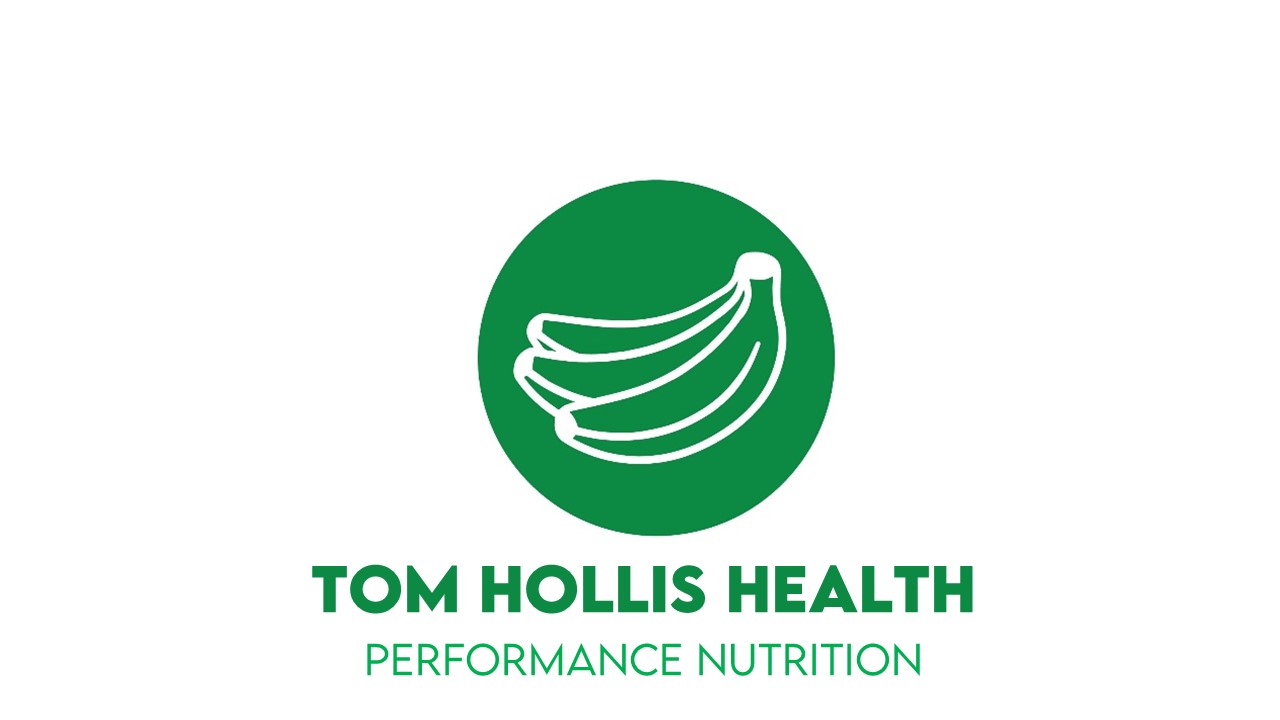Stress. Such a little word, but such a big issue. We all have our own underlying causes of stress, and our own ways of attempting to deal with it. But what seems to be pretty much universally agreed is that it is on the rise. Take a look at this NHS piece, for example, on the topic of increased stress-related hospital admissions (in this case, thought to be partly attributable to the recession). Many of us have heard of cortisol, and may be familiar with its common moniker, ‘the stress hormone’ – a nickname owing to its increased secretion in times of […]
It’s Halloween! Five fun facts about pumpkins
Yep, it’s Halloween on Friday. Much as I dislike the aggressive commercialisation of all these festivals (I could not believe my eyes when I saw Oxford Street already lined with christmas lights on a warm day at the start of October), there is much to enjoy about Halloween’s traditions. When I think Halloween, I think pumpkins. Here are five fun facts for these familiar festive friends. Try saying that with your mouth open. 1. The main reason the shops are stacked with pumpkins at this time of year (aside from it being the end of their normal growing season), is of […]
Clocks go back…time for breakfast!
For many of us, this will be the last week of the year that we can even think about leaving work in daylight, what with the clocks going back this weekend. So, while that is in itself a depressing prospect, it does bring with it two potential upsides: An extra hour of Sunday morning / Saturday night (delete as appropriate). Two of the best times of the week, i’m sure you’ll agree. The prospect of not waking up and going to work in total darkness… for a little while longer. This second point means, in my case at least, that […]
Focus on oils #3: five facts about olive oil
Over the past fortnight I have focussed on oils, blogging first about rapeseed, and then moving onto controversial coconut oil. I conclude this mini-series with a look at an old favourite: olive oil. 1. As with both rapeseed and coconut oil, olive oil is remarkably versatile. With a smoke point of around 380 degrees fahrenheit (a little lower than many other cooking oils) it is not so well suited to frying, but it remains a culinary powerhouse, adding that beautiful Mediterranean flavour to salad dressings, pasta dishes and dips. But beyond this, olive oil has uses ranging from the ancient and […]
Focus on oils #2: five facts about coconut oil
Last week I introduced a mini-series of blogs on kitchen oils. First under the microscope was the versatile rapeseed oil. This week, I am going to look at an oil which has been the subject of much debate in recent months and years, and one that continues to divide opinion: coconut oil. 1. As with many popular oils, coconut oil has a number of uses, in industry (as a precursor for biodiesel and an engine lubricant), cosmetics and personal (everything from skin moisturiser to hair conditioner… to sexual lubricant), and of course, food and cooking, particularly in frying (smoke point 350 degrees […]
Focus on oils #1: five facts about rapeseed
Choosing which oils to have in the kitchen can be a tricky process, with so many factors to take into account. As a dietitian, I am interested in the oil’s nutritional composition, smoke point, versatility and, most importantly, flavour, are key considerations too. So, this introduces a mini-series of three blogs which might help to ease the process next time you are in the cooking oils aisle. Without further ado, here are five facts about one of my personal favourites, rapeseed oil: 1. Rapeseed was originally used in the 19th century as a lubricant for steam engines, deemed unsuitable for […]
Be smart and look beyond the headlines!
Visitors to the BBC website this week may well have spotted an article with the following heading: ‘Any diet will do, say researchers, if you stick to it’. The article (which you can read here) was in fact a summary of work published in the Journal of the American Medical Association, which itself was a meta-analysis (statistical combination of studies) of 48 individual trials. The primary finding, as the headline suggests, was that the specifics of any diet being followed is less important than the act of actually sticking to that diet. They go on to state that this is down to […]
The limitations of ‘five a day’
‘Five a day’ has to be among the most widely recognised public health messages of the last decade or so, particularly within the field of nutrition. So, one could assume that the campaign, first launched in the UK in 2002 (in response to World Health Organization recommendations to consume ‘‘a minimum of 400g of fruit and vegetables per day (excluding potatoes and other starchy tubers)’’) has been a huge success. For the most part, I agree, purely on the basis that most people are aware – just in case they weren’t before – that they should be eating more fruit […]
Sugar, fat and the irresponsible media…
In recent months, there has been a spate of pieces about the great sugar versus fat debate: which is the bigger killer? I find these articles frustrating, for a couple of reasons. Firstly, the reported ‘U-turns’ in evidence dilute public confidence in science, nutrition, and anyone who works in the sector. It gives the impression that we are constantly changing our minds, contradicting ourselves from one month to the next. This is simply not the case, but as ever, the media feel the need to present any new evidence in this manner. Secondly, I don’t understand why the debate must […]









